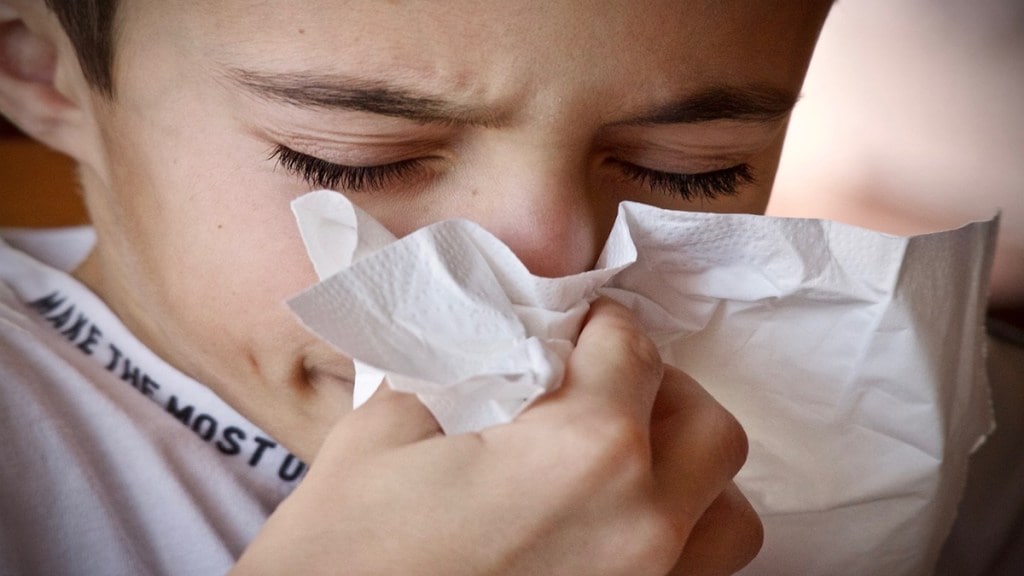As fever, cough, and cold become increasingly common, doctors warn of a sharp rise in flu cases across the National Capital. As of February 2025, Delhi-NCR is experiencing a notable surge in flu cases, Dr Neha Rastogi Panda, Consultant-Infectious Diseases, Fortis Memorial Research Institute, Gurugram told Financial Express.com.
According to Dr. Panda, seasonal transition and air pollution are the main driving factor of this surge in flu cases.
“The shift from winter to summer has historically been associated with an increase in flu-like illnesses and viral infections. Elevated pollution levels during this period exacerbate respiratory issues, contributing to the rise in flu cases,” Dr. Panda told Financial Express.com.
The doctors maintain that high-grade fever, persistent cough, sore throat, body aches and fatigue are some of the common symptoms that majority of the patients are experiencing across Delhi-NCR.
Notably, patients are experiencing extended recovery periods, with symptoms lasting up to 10 days, longer than the typical 5-7 days, she said.
It is noteworthy that while individuals of all ages are susceptible, those above 50 and below 15 years are more commonly affected.
“Patients with pre-existing conditions such as hypertension, diabetes, asthma, COPD, and cardiac issues are at a higher risk of complications, including pneumonia and bronchitis. Healthcare facilities are observing an increase in hospital admissions, particularly among the elderly and those with comorbidities, due to severe infections and complications,” she informed.
‘Influenza A and Influenza B predominant strain’
Dr. Tushar Tayal, Consultant, Internal Medicine, CK Birla Hospital, Gurugram told Financial Express.com that the predominant strain currently circulating are Influenza A (H3N2) and Influenza B, which are known to cause more severe symptoms, particularly in vulnerable populations.
Dr. Tayal also warned that as many people skip annual flu vaccinations, they are now vulnerable to infection. “Individuals recovering from other illnesses may have compromised immune responses, making them more prone to flu infections,” he explained.
Dr. Tayal also informed that some people are also reporting symptoms like loose stool, nausea and vomiting.
How can you protect yourself?
The doctors recommended the following preventive measures:
- Get vaccinated: Annual flu shots can significantly reduce severity and risk.
- Maintain hygiene: Frequent handwashing and wearing masks in crowded places can help.
- Stay hydrated and eat a balanced diet: Good nutrition supports immunity.
- Avoid self-medication: Consulting a doctor for proper treatment is crucial, especially for high-risk groups. Avoid taking unnecessary antibiotics

